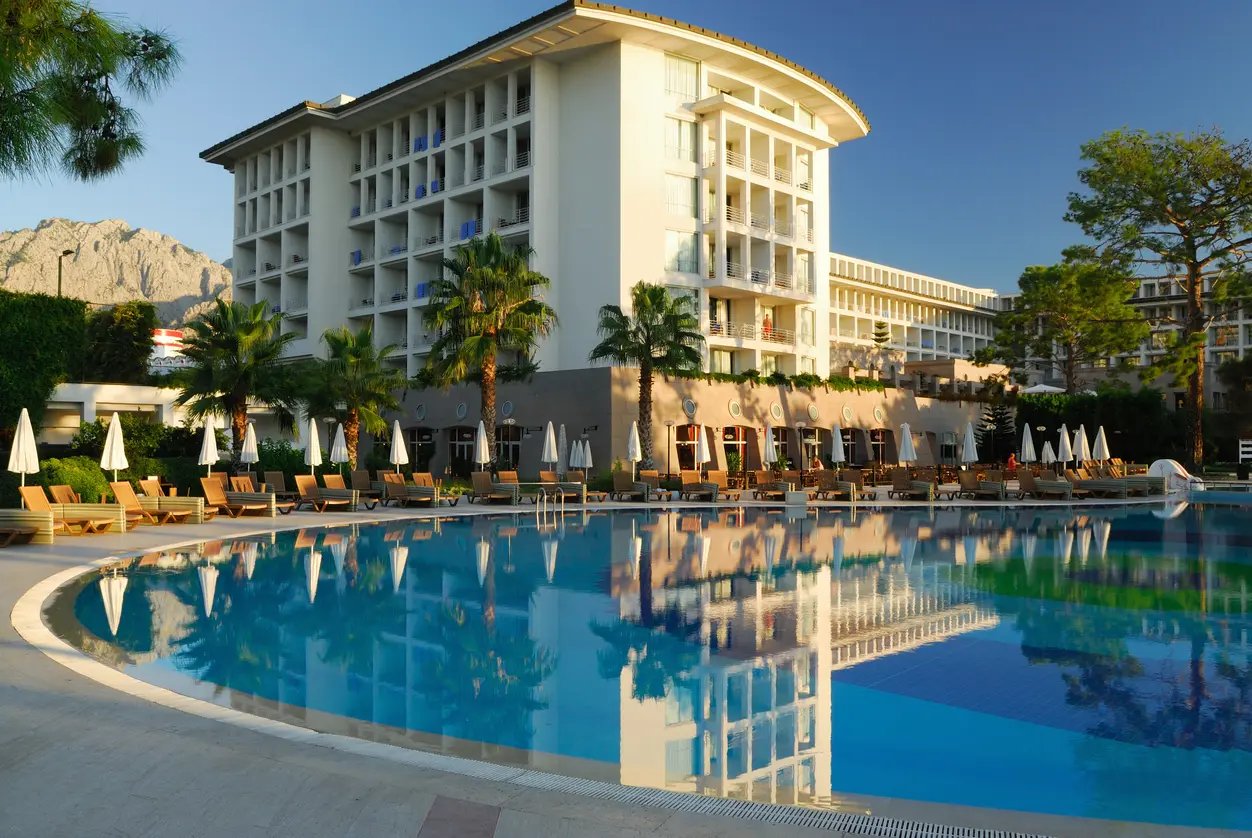Hotel construction is fast-paced, high-pressure work, and every day of delay costs more than just time. With occupancy targets, seasonal openings, and investor expectations in play, keeping your project on track is critical. But one of the most common sources of disruption? Permitting.
Whether you’re planning a brand-new build, converting an existing structure, or updating an aging property, hotel permits shape your entire project timeline. From fire and life safety requirements to accessibility compliance and signage approvals, each step adds complexity and potential risk.
The good news: most delays are avoidable. The key is knowing where projects typically hit snags, and how to navigate the permitting process efficiently from the start.
In this guide, we’ll cover where hotel permitting tends to get off track — and how working with a permit expediter like Scout Services can keep your hospitality project moving forward without costly surprises.
Where Hotel Permitting Gets Complicated — Fast
Hotel projects come with a unique set of challenges that set them apart from the average tenant improvement or commercial build. For one, they often include multiple uses under one roof: lodging, dining, retail, wellness, valet service — sometimes all in a single property. Each of these functions can trigger its own permitting requirements and departmental reviews.
Then there are the brand standards. National hotel chains often have strict architectural and signage guidelines, but just because something meets internal expectations doesn’t mean it complies with local code. From signage size limits in downtown districts to lighting restrictions near residential zones, local regulations frequently clash with brand visions.
Many hotel spaces also fall under stricter safety regulations. Guest elevators, commercial kitchens, ADA-accessible pools, and even valet areas all require additional oversight and coordinated approvals from multiple departments.
Combine all of that with high-pressure timelines, and you’ve got a complex project on your hands.
Real-World Permitting Pitfalls (and How to Avoid Them)
Many hotel projects don’t get delayed by major code violations. Instead, they get tripped up by everyday oversights. These issues may seem minor, but they can cause serious setbacks if not caught early. A few examples include:
- Outdated or inconsistent drawings that don’t reflect current equipment or system changes
- Missing coordination between trades, like mechanical and fire, especially for kitchens and back-of-house upgrades
- Incomplete documentation for accessibility or safety requirements, such as ADA lifts or drain compliance for pools
- Signage approvals that overlook local ordinances, especially in historic or design-restricted districts
- Improper sequencing, like submitting for a Public Way permit before zoning approval is finalized
These aren’t unusual pitfalls, but they are preventable. Working with a permit expert who knows the local process inside and out can help you catch problems early and keep your project moving.
What Experienced Permit Expediters Do Differently
A skilled permit expediter does more than shuttle paperwork from point A to point B. They anticipate problems, navigate interdepartmental politics, and make sure every submission is strategically timed.
For complex projects like hotels, this means:
- Reviewing documentation early to identify inconsistencies or missing information
- Sequencing submissions to match local agency expectations
- Coordinating reviews across departments so approvals align
- Keeping communication lines open with local reviewers to keep things moving
At Scout Services, we handle hospitality projects of all shapes and sizes, from boutique builds to large-scale branded rollouts. Our team doesn’t just move fast; we understand the layered complexities of multi-scope projects and tailor our approach accordingly.
What to Look for in a Hotel Permitting Partner
When you’re choosing a permitting partner for a hotel project, experience is only the beginning. The right partner will be responsive, resourceful, and proactive at every step.
You want a team that can give you real-time updates, not next-week callbacks. Someone with national reach but hyper-local knowledge. And if you’re expanding across multiple states or municipalities, consistency matters just as much as speed. Every city is different, but your permitting partner should help you replicate past success, not start from scratch every time.
At Scout, we help hotel clients cut through red tape. Once design teams confirm requirements such as noise studies, Public Way use, or historic preservation reviews, we step in to guide the permitting process and keep it moving smoothly. It’s that blend of insight and execution that keeps hospitality projects on track and opening on time.
Plan Smart. Permit Smarter.
Hotel construction comes with plenty of complexity, but permitting delays don’t have to be part of the process.
At Scout Services, we help hospitality developers, contractors, and architects move through permitting faster, with fewer headaches and fewer surprises. From full builds to brand updates, we’ve seen it all and we know how to keep things moving.
Need permitting support for your next hotel project? Let’s talk about how Scout can help you stay on schedule and ahead of the approval queue.


